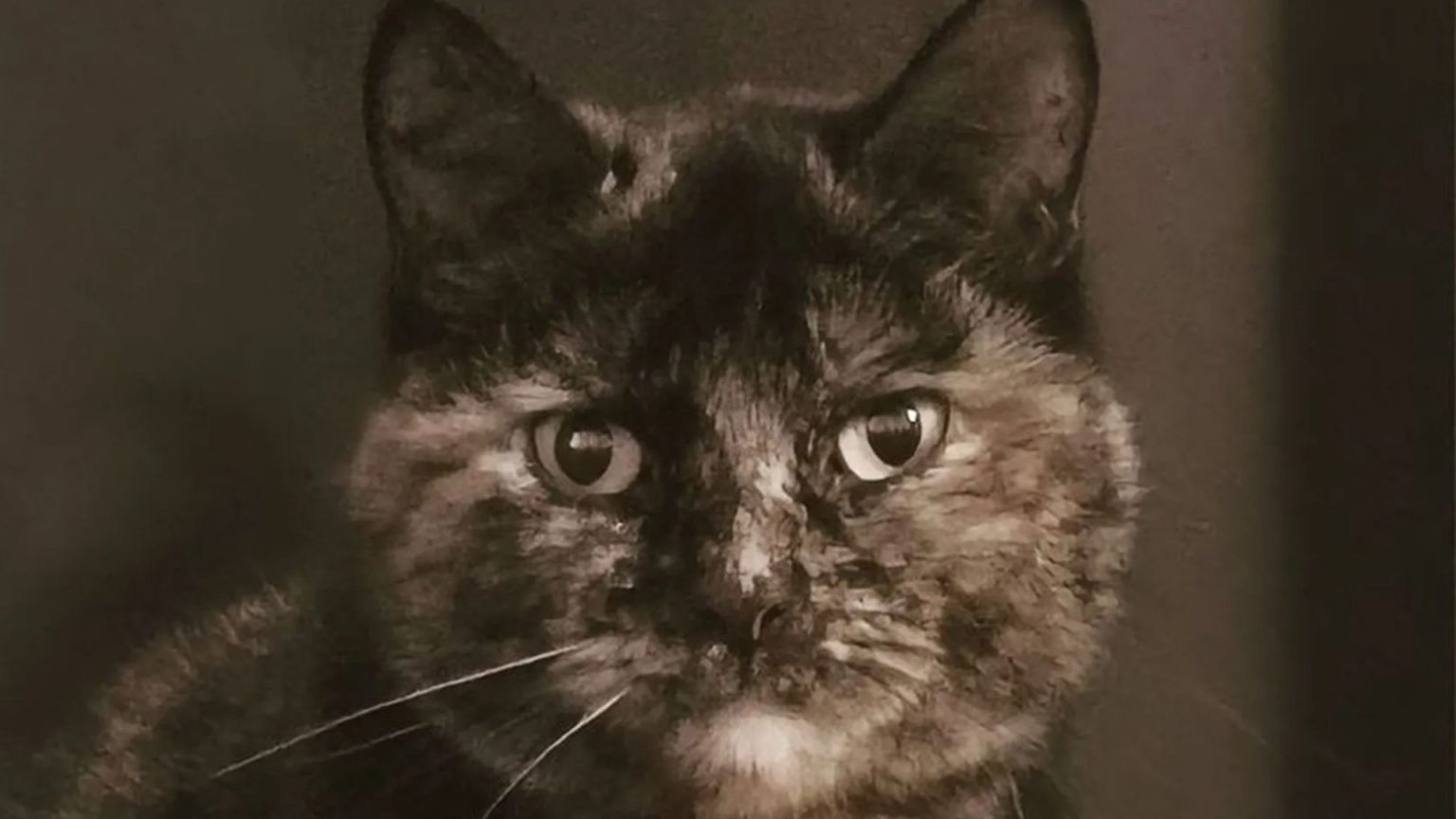The Deegan family experienced a whirlwind of emotions surrounding the supposed demise and miraculous reappearance of their beloved cat, Marshall. Initially, the nine-year-old ginger and white cat went missing from their new home, prompting concern and worry. Soon after, they received news that a cat matching Marshall’s description had been tragically struck by a car near an industrial estate. Michael Deegan, Marshall’s owner, rushed to the scene and, upon seeing the ginger stripes and distinctive white foot, believed the deceased feline to be his own. Heartbroken, he returned home to break the devastating news to his twelve-year-old daughter, Eliza. The family then decided to cremate the cat, incurring a cost of £180, and mourned the loss of their furry companion.
However, just four days later, an unexpected twist occurred. The Deegans received a call informing them that Marshall had been found safe and sound at their old house, the very place he had stubbornly kept returning to after the family’s move. The relief was immense, mixed with a healthy dose of bewilderment and amusement at the bizarre turn of events. Eliza, overjoyed by her pet’s resurrection, aptly nicknamed Marshall “Jesus cat.” The family was left with the ashes of an unknown cat, a poignant reminder of their mistaken identification. While slightly embarrassed by the ordeal, they are now actively searching for the true owners of the cremated cat, holding onto the ashes in the hope of providing closure to another grieving family.
This incident highlights the emotional rollercoaster that pet owners can experience when faced with the possibility of their beloved companion’s death. The Deegans’ swift acceptance of the initial news, based on seemingly convincing evidence, underscores the power of suggestion and the vulnerability of individuals in emotionally charged situations. The ginger stripes and white foot, features common to many cats, were enough to convince Michael that the deceased animal was Marshall, particularly given the prior context of the cat’s disappearance. This incident serves as a cautionary tale about the importance of careful identification, even under stressful circumstances.
Furthermore, the story sheds light on the strong bond between pets and their families. Marshall’s persistent returns to the old house illustrate the disorientation and anxiety that animals can experience during transitions, and the comfort they find in familiar surroundings. The family’s distress at the presumed loss of Marshall, followed by the overwhelming joy at his return, demonstrates the significant role pets play in our lives and the profound emotional impact they have. The incident also reveals the resilience of children in coping with such situations, as Eliza’s playful nickname for Marshall suggests a healthy way of processing the experience.
The viral nature of Sarah Deegan’s TikTok post, which garnered over 450,000 views, speaks to the universality of the story and the relatability of the emotions involved. Many pet owners can empathize with the fear of losing a beloved animal, the relief of their safe return, and the occasional humorous mishaps that can occur in the midst of such stressful events. The Deegans’ story has resonated with a wide audience, becoming a source of amusement and a reminder of the precious bond between humans and their furry companions. Their proactive approach to finding the rightful owners of the cremated cat further emphasizes their compassion and sense of responsibility.
In conclusion, the tale of Marshall, the “Jesus cat,” is a heartwarming, albeit slightly embarrassing, story of mistaken identity, resilience, and the enduring love between pets and their families. It serves as a reminder of the importance of careful identification, the emotional impact of pet loss, and the humor that can sometimes be found in even the most stressful situations. The Deegans’ experience has touched the hearts of many, highlighting the universal bond between humans and their animal companions and the lengths we go to for their well-being. The story’s viral popularity is a testament to its relatability and the shared experiences of pet owners worldwide.




